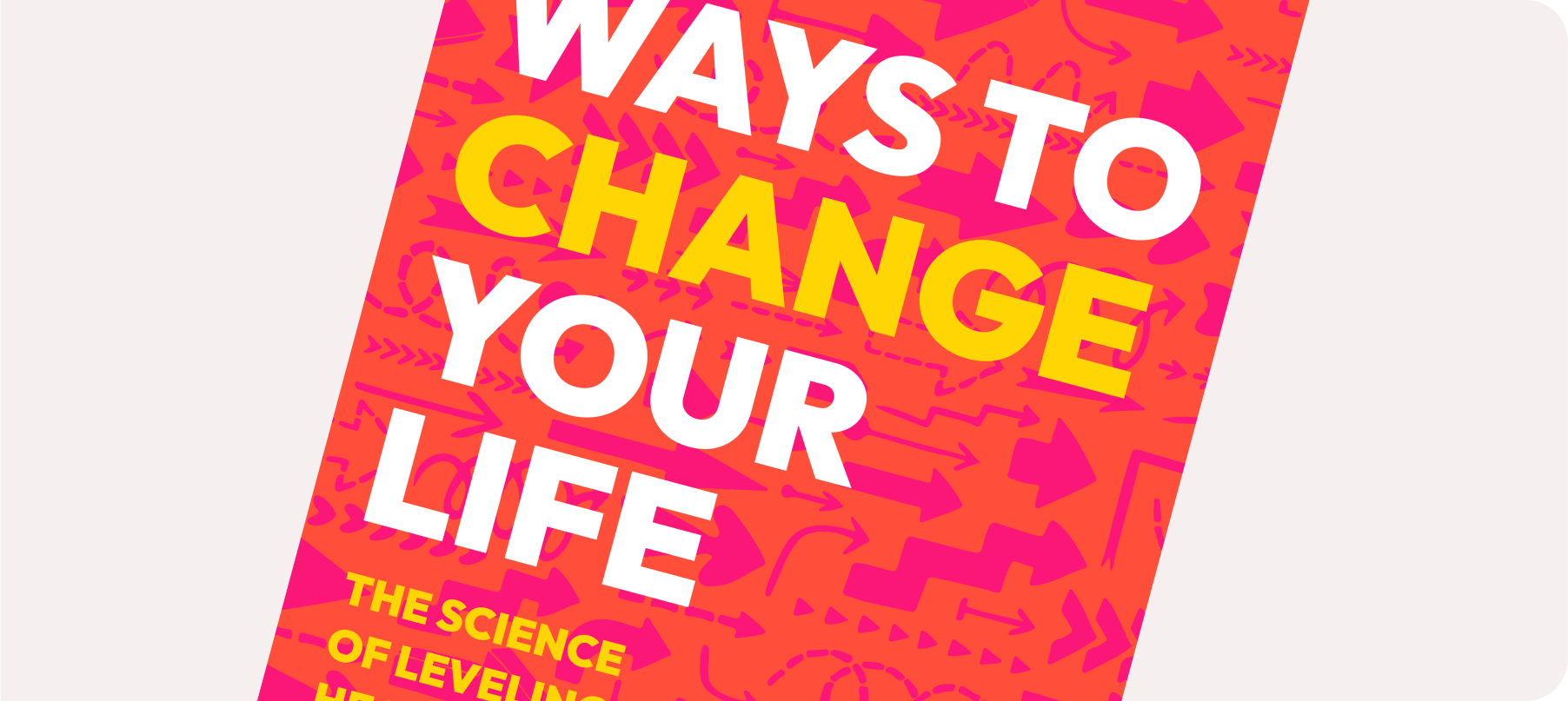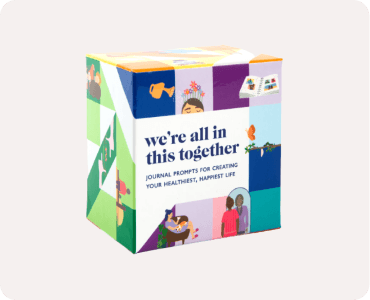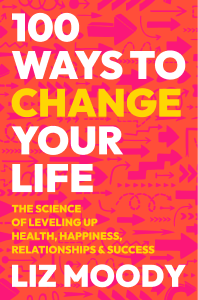In this episode of the Liz Moody Podcast, host Liz Moody and guest Vivian Tu, a former JP Morgan trader and author of the New York Times bestseller Rich AF: The Winning Money Mindset That Will Change Your Life, dive into the dos and don’ts of personal finance.
They begin by discussing methods for budgeting, specifically the 50/30/20 method. Vivian also introduces her ground rules for any relationship: partners should have their own money and a prenup. While many hold misconceptions that prenups are for people who doubt their relationships, Vivian sees them as similar to car or health insurance. You don’t get car insurance because you don’t trust your vehicle!
Liz and Vivian also discuss investments and determining which types of investments are worth it. Vivian emphasizes the importance of taking internet investment trends with a grain of salt because there are no real get-rich-quick schemes. Instead, she recommends taking advantage of tax optimizations before moving into less traditional investments.
The conversation also highlights the unique challenges of working in the era of the 401k. Vivian advises listeners to seek out a meaningful raise every two years and to change companies if one is not possible. Workers used to be loyal to companies because they had reason to be – but today, individuals who stay at the same company see substantially lower paychecks on average.
The discussion ends with financial gaps in friendships. Ultimately, friendship is its own type of investment – and you may be willing to invest more in people who lift you up than people who wear you down.
00:18 Introduction
02:04 50/30/20 Budgeting
06:22 Determining Financial Compatibility
08:34 Ground Rules for Finances in Relationships
13:40 Goal-Setting
15:37 Avoiding Financial Infidelity
16:40 Prenups
19:16 If You Can’t Buy It Twice, Don’t Buy It
23:20 Rent or Buy?
28:40 Investing in Your Retirement
30:58 Tax Optimizations
33:14 If It Sounds Too Good to Be True, It Probably Is
34:15 Side Hustles
38:00 Climbing the Corporate Rock Wall
39:08 Light FIRE
42:02 The Your Rich BFF “Is It Worth It” Equation
47:28 Traveling as a Young Person
49:55 Find the Best Credit Card For You
52:00 Who Should Pay?
55:45 Are You Financially Ready for Children?
58:20 Parents Without a Retirement Plan
1:02:10 Can I Afford My Friends?
For more from Vivian, you can find her on Instagram @your.richbff or her website, www.yourrichbff.com. You can purchase her book, Rich AF: The Winning Money Mindset That Will Change Your Life, where books are sold.
To join The Liz Moody Podcast Club Facebook group, go to https://www.facebook.com/groups/thelizmoodypodcast.
Ready to uplevel every part of your life? Order my new book 100 Ways to Change Your Life: The Science of Leveling Up Health, Happiness, Relationships & Success now!
This episode is sponsored by:
LMNT: go to DrinkLMNT.com/LizMoody to get a free LMNT sample pack with any order.
AG1: visit drinkag1.com/lizmoody and get your FREE year supply of Vitamin D and 5 free travel packs today.
Puori: go to puori.com/LIZMOODY and use promo code LIZMOODY for 20% sitewide.
Cymbiotika: use code LIZMOODY on cymbiotika.com to get 15% off plus free shipping on subscription orders.
Great Lakes Wellness: use code LIZMOODY for 25% off your first purchase at greatlakeswellness.com.
Naväge: go to Navage.com/LIZMOODY and use the promo code LIZMOODY for a free cleaning kit with your starter pack.
The Liz Moody Podcast cover art by Zack. The Liz Moody Podcast music by Alex Ruimy.
Formerly the Healthier Together Podcast.
This podcast and website represents the opinions of Liz Moody and her guests to the show. The content here should not be taken as medical advice. The content here is for information purposes only, and because each person is so unique, please consult your healthcare professional for any medical questions.
The Liz Moody Podcast Episode 262.







